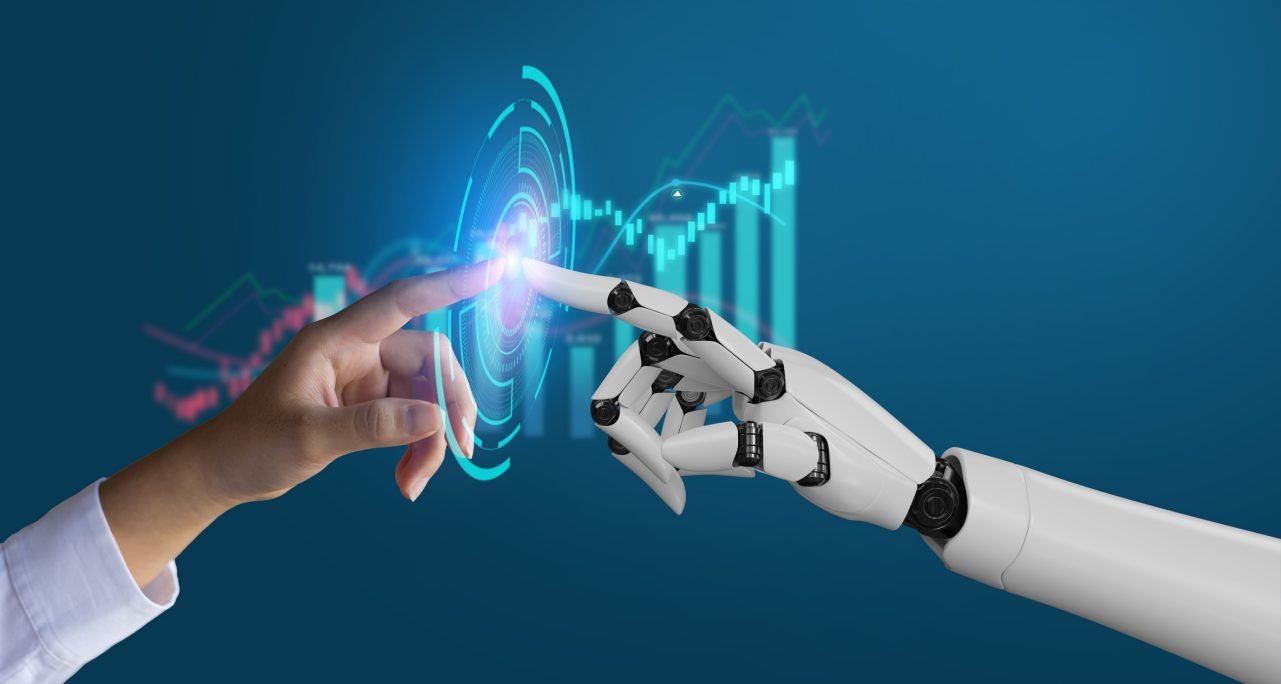The Legal Fight for Identity in the Age of AI: Who Truly Owns Your Face?
Aron Solomon from Amplify explores the challenges surrounding identity ownership, intellectual property laws, privacy regulations, and NIL agreements in the AI era.

In today’s world, where artificial intelligence can create realistic deepfakes, companies profit from biometric data, and athletes negotiate their rights under name, image, and likeness (NIL) contracts, a critical question arises: Who truly owns our faces?
Our personal identity is often considered sacred, but as technology advances rapidly and laws struggle to keep up, this assumption is being questioned.
Intellectual property laws, privacy regulations, and NIL agreements attempt to protect individuals, but they often lag behind technological developments, leaving people vulnerable to exploitation. The intersection of AI, NIL, and biometric data collection raises key concerns about whether current laws effectively protect personal rights while still allowing for innovation.
AI and Deepfakes: Ownership and Consent
Today, AI can generate deepfakes—hyper-realistic videos, images, and audio that can be nearly indistinguishable from reality. This technology raises serious issues about ownership and consent. If an AI deepfake replicates someone’s likeness without permission, do they have legal recourse? The answer varies by jurisdiction and legal frameworks. Some U.S. states have introduced laws targeting deepfakes, especially in cases involving non-consensual pornography or election interference.
For example, California’s AB 602 allows individuals to sue if their likeness is used in deepfake pornography without consent. Similarly, Virginia has criminalized the unauthorized distribution of deepfake pornography. However, these laws tend to address specific harms, not broader issues of likeness ownership.
Legal Challenges in AI and Free Speech
A significant problem is the lack of comprehensive federal laws. The First Amendment complicates efforts to regulate deepfakes, as courts must balance an individual’s right to control their image with free speech protections. For instance, if a deepfake is used for parody, satire, or commentary, it might be legally protected, even if it harms someone’s reputation.
The Impact of NIL Contracts
The introduction of NIL rights in college sports has shifted how athletes can monetize their personal brand. The NCAA’s 2021 decision to allow athletes to earn from NIL deals was seen as a win for personal rights. However, NIL agreements bring their own set of legal complexities.
One concern is the potential for coercion. Many young athletes, often without legal representation, may sign contracts that severely limit their ability to control their own image. Some deals even include clauses that grant companies rights to an athlete’s image for life, potentially preventing them from retaining ownership of their own face.
AI and NIL Exploitation
AI presents a growing threat in NIL agreements. If an athlete refuses to sign a deal, companies could use AI to create deepfake versions of them. While some NIL contracts include exclusivity clauses, they often don’t address the issue of unauthorized AI-generated likenesses, leaving a gap for exploitation.
Biometric Data and Personal Ownership
Beyond deepfakes and NIL, biometric data collection is another challenge to personal ownership. Corporations and governments are collecting vast amounts of facial data, from facial recognition in airports to social media platforms gathering user photos. But who owns this data, and what rights do individuals have over it?
Some states, like Illinois, have passed strong laws, such as the Biometric Information Privacy Act (BIPA), which requires companies to obtain explicit consent before collecting and storing biometric data. This law has resulted in significant legal cases, including a $650 million settlement from Facebook over facial recognition issues. However, federal laws offer little protection in this area.
The Need for Legal Reform
Despite legal battles over biometric data and deepfakes, current laws are inadequate to address the broader question of whether we truly own our own faces. Several areas need reform. For instance, there is no nationwide standard for NIL and likeness rights in the U.S. A federal right to publicity could help individuals maintain control over their image across all industries.
Lawmakers must also establish clear guidelines on AI-generated likenesses. Some advocate for banning unauthorized deepfakes, while others suggest a licensing model, where individuals can choose to opt in or out of having their likeness used. Laws like BIPA should serve as a model for national legislation.
Individuals should have the right to opt out of biometric data collection and demand that their data be deleted. Athletes and public figures need stronger protections against exploitative NIL contracts. Mandatory legal reviews, transparency, and contract duration limits could prevent individuals from unknowingly losing control over their image.
Striking the Right Balance
While stronger protections are necessary, innovation should not be stifled. AI has great potential in industries like film, advertising, and gaming, where digital likenesses are used creatively. Legal frameworks should aim to protect individual rights while allowing businesses to continue innovating. One potential solution is a licensing model where companies must pay royalties for using AI-generated likenesses, ensuring personal ownership is respected while fostering innovation.
As technology advances, our understanding of personal identity and ownership must evolve too. The rise of AI deepfakes, NIL agreements, and biometric data collection presents both risks and opportunities. Without stronger legal protections, individuals risk losing control over their most personal asset: their own face. But legal reforms must balance privacy with the benefits of technological progress.
The future of personal identity in the digital age hinges on finding this balance, ensuring that no one is forced to surrender ownership of their likeness without consent. Until then, the question remains: Can we truly own our own face?
